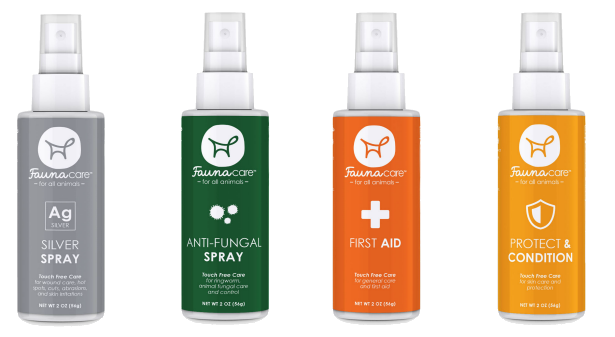Let me start by saying this is not a guide on how to treat severe open wounds since if it looks serious, a trained veterinarian will be of much better help. Since injuries on horses are very common, every owner and caretaker of a horse should know the proper steps to take care of them. This blog will assist horse owners, and lovers treat open wounds on their beloved animals.
Take a Closer Look at the Wound.
First, you’ll want to see exactly where your equine is injured and try to examine the animal yourself. If the horse is in too much pain, make sure to have the vet do the examination. Make sure also to calm the horse down and apply pressure to any bleeding with a thick dressing.
The most important thing to do is to stop the bleeding, you’ll want to use a cotton wool roll of gauze and press directly on the wound. If it’s bleeding from a vein or artery, the bleeding may last longer and, in some cases, may have to be stopped with clamping by a veterinarian. So always make sure to apply pressure until it stops or until a professional arrives.

Different Types of Wounds
- Lacerations. This type of wound can be described as a cut or tear in flesh or skin. They may require the removal of foreign objects like sticks and can cause infection.
- Scrapes. This is the most common type of injury that horses can get but is very easy to clean up and deal with. You’ll still want to rinse the scrape making sure there’s no cause for infection.
- Puncture Wounds. These wounds are made by pointed objects like nails or barbed wires. They will appear at the surface of the skin but can extend further into deeper tissue.
- Abrasions. These wounds are from the wearing off of the skin, typically by scrapes, and can be treated easily at home.
Wounds on horses are usually from fences or gates since they’re always surrounded by them, check for any fence damage that may have caused the wound. But even if the wound seems small at first glance, always make sure to double-check since the smallest problem may escalate to surgery or even infection.
How to Clean a Wound
After stopping the bleeding and assessing the wound, you’ll always want to wash the wound with cold water and a skincare treatment like Fauna Care’s Equine Silver Spray. This spray allows for a deodorizing layer of protection and helps kill the bacteria in a wound. Then irrigation of the wound will wash away any debris leftover.
If you can, try to clip some of the hair around the wound for better viewing of the healing process. However, if the wound is too close to the hair, you’ll want to leave it so that no fur ends up in the wound itself.
When finished with the cleaning process, you’ll want to apply a clean dressing to the area. You’ll want to apply firm pressure while dressing but not too tight and not too loose so the horse will stay comfortable and the dressing won’t fall off.

When to Call for a Vet
If all goes well in the cleaning and monitoring process of the horse's wound, but you’re unsure if the wound is healing well enough or at all, make sure to call the vet. Other reasons for calling up the vet may include:
- Deep Cuts. Larger cuts from wire or sharp objects will most likely involve vet calls. Since these wounds may cause issues while healing, like proud flesh, you’ll want to make sure you know proper wound management like bandaging and keeping the wound clean.
- Excessive Bleeding. If your horse’s wound has been bleeding profusely for a long time, a vet needs to be called. They’ll probably have to stop the bleeding with a clamp or possibly even stitches.
- Any wound in the eyes. The vet should be called for any eye injury since the eye can easily become damaged and can be very painful for the animal. In most cases, treatment for any eye injury will need eye drops or ointment, so a vet is needed.
- If the wound is close to a joint. It’s better to call a vet in this situation instead of risking a more severe injury in the future.
- If your horse is lame. There may be more damage than there seems, so a vet call is needed.
- If your pet has been kicked. If the horse is kicked in one of the weak areas in the leg, bone fracturing can occur.

Make sure to always check your horse after an injury, whether they went to the vet or not, you always want to make sure they are the healthiest they can be. If anything does go wrong with your own process of wound management, always reach out to a veterinarian as well, they will always know how to help and what to do!
You can also check your yard for anything that may have caused the injury and maybe even help to prevent future ones. Be sure to especially check fences and gates for anything protruding out of them.





